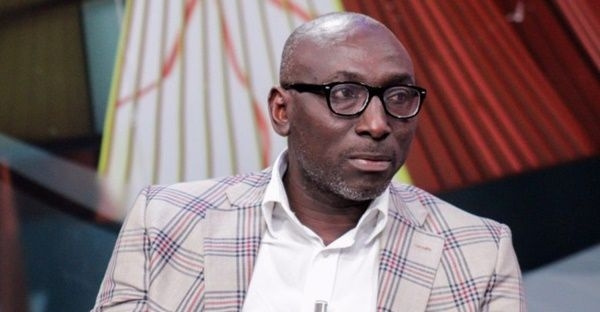‘CJ may want cameras, but the constitution knows better’ – Amaliba insists on private hearings – Nsemkeka
Leading member of the National Democratic Congress (NDC), Abraham Amaliba, has dismissed suggestions that the ongoing proceedings against Chief Justice Gertrude Torkornoo should be televised.
The private legal practitioner insists that the framers of Ghana’s Constitution knew exactly what they were doing when they mandated an in-camera process.
Speaking on PM Express on JoyNews on Wednesday, May 21, Mr Amaliba rejected the argument that the Chief Justice’s own willingness to have the proceedings made public should override the law.
“The CJ may want it televised, but the Constitution knows better,” he said.
“You can’t go beyond what the Constitution has clearly stipulated. If you do, then we don’t have a Constitution anymore.”
Read also: Suspended CJ Torkornoo files injunction against committee probing her removal
He argued forcefully that allowing public coverage of the proceedings simply because the accused requests it sets a dangerous precedent.
“We can’t just say that we should allow the Supreme Court to do what it likes,” he warned. “The Supreme Court is under the Constitution. It is not above it.”
In response to a question from host Evans Mensah about whether transparency should prevail, Mr Amaliba said, “Democracy is different from what the law is. The law is not democracy. Democracy is not law. These are two different things.”
He explained that while public interest and good governance may demand transparency, the law remains the law.
He speculated that the framers of the Constitution likely had legitimate national concerns in mind when they inserted the in-camera requirement.
“Maybe they thought that because of the position of the Chief Justice, some information, if leaked, may impact national security. Or public health. Or something else we don’t yet see.”
According to Mr Amaliba, the case is not the same as allowing media coverage in courtrooms, which he said was only ever a matter of practice, not law.
“That was practice. This one is enshrined in the Constitution. It says the proceedings must be held in camera. That’s not negotiable.”
He underscored the gravity of tampering with constitutional design just to satisfy popular sentiment.
“If we say the accused wants it public, and so it should be public, then what next? Should we also import judges from other countries to sit on it?” he quipped.
“We must respect the Constitution and its wording. The language of the Constitution is not vague. It is specific.”

